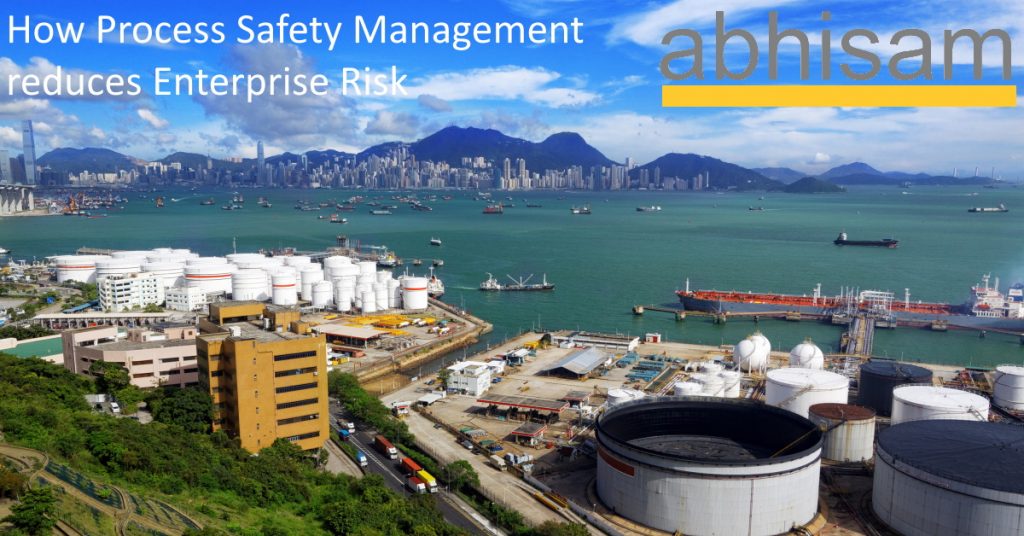
What is Technical Due Diligence?
Hundreds of Mergers and Acquisitions (M & A) happen all over the world every year. Some of these are in the process industries.
As a part of the merger process or an acquisition, typically the company that is taking over employs an army of consultants to carry out a due diligence process that mainly covers accounting, taxation and legal matters.
However, careful attention has also to be paid to the technical aspects of the target company, which is known as technical due diligence.
This refers to evaluating the physical assets of a company such as its plants, equipment within the plants, other facilities such as logistics warehouses and shipping terminals.
Why is technical due diligence important?
In a global scenario, it may be possible that some sites are very well maintained, have impeccable safety systems and incident records, whereas some others may not be that good. This could be because those below par plants were earlier acquired from some other company and never upgraded to the acquiring company’s standards, or they are located in a jurisdiction with lax regulations, or it was a joint venture with some dubious partners- there could be one or many historical reasons.
That one ugly duckling can expose you to unnecessary risk as regards process safety. Maybe the plant is not well managed and has several safety issues.
Maybe the assets are in poor shape and obsolete and perhaps at the end of their life in real terms (not on paper, where they may have been commissioned not long ago). Correct evaluation of these technical aspects is absolutely essential before the actual merger, to know how much more money will be required to bring it up to the standards of the acquiring company, or to reduce the risk.
How can you evaluate this risk?
Abhisam’s consultants can help you carry out this technical due diligence quickly and cost effectively.
Contact us to find out more.
Free White paper

In popular literature available online, most enterprise risk is mainly implied as being either financial risk due to incompetent or malicious management, supply chain related risk or legal compliance risk. While these may hold true for financial institutions like banks, these are not the only things to look out for if you are running an oil company or a chemical manufacturing company. An important risk in these enterprises is the possibility of accidents that can damage assets, kill or injure people (not just within the perimeter of the facility but also outside) and even cause lasting environmental damage. And no, the only way to hedge against these risks is not by just buying more insurance, but by having a pro-active Process Safety Management program.
This Abhisam white paper explains how a good PSM program can reduce overall Enterprise Risk.
Contact Us by filling the form below OR call us OR email
